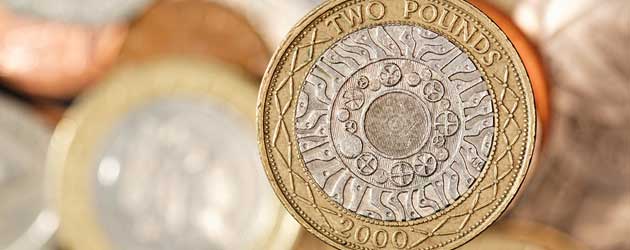Pound Sterling (GBP)
For the 66th month in a row the Bank of England announced that it had voted to continue with the 0.50% interest rate. The vast majority of investors had predicted this to be the case after the surprising decline in July’s Consumer Price Index. There were some optimists, however, who speculated on a surprise rate hike which added downward pressure on Sterling when those hopes failed to come to fruition.
A continuation of the anxieties surrounding the Scottish bid for independence has also weighed heavily on sentiment towards the Pound.
Euro (EUR)
Having only just fallen short of a fresh 21-year high the Pound to Euro exchange rate rose by over a cent on Thursday.
The uptick for the Pound to Euro exchange rate can be attributed to the European Central Bank’s decision to loosen monetary policy far beyond the expectations of most analysts. The ECB opted to cut its benchmark interest rate by 10 basis points to an all time low 0.05% and dropped its deposit rate further into negative territory at -0.20%, which means that banks will be charged -0.20% for any spare liquidity stored at the ECB. These intensive measures are an incentive to aid banks to lend to small businesses and consumers in the hope of fostering growth and increasing price pressures in the Eurozone.
The President of the European Central Bank Mario Draghi also announced that the bank will purchase asset-backed securities which is essentially a soft from of quantitative easing. The asset-backed securities scheme will allow the ECB to purchase assets like mortgages and loans but doesn’t include government debt, which separates it from full-blown quantitative easing.
Draghi admitted that the Governing Council were not unanimous in the recent monetary policy decisions; the dissenters were most likely representatives of the Bundesbank.
US Dollar (USD)
Sterling declined by over a cent against the US Dollar on Thursday, nearing a 7-month low, as another robust economic data publication aided the positive sentiment towards the ‘Greenback’ (USD).
The ISM Non-Manufacturing Index is considered the headline gauge of American service sector activity. It rose from 58.7 to 59.6 in July, a 6-year high, eclipsing expectations of a cooling to 57.7. The positive data supports the view that the world’s largest economy will continue to expand at a healthy pace in the third and fourth quarters.
The Pound to US Dollar exchange rate also softened after the ECB stimulus announcement which led to a large withdrawal of funds from Europe to the United States.
Canadian Dollar (CAD)
Sterling fell to its lowest level since January versus the Canadian Dollar on Thursday as markets digested the European Central Bank’s loose stance on monetary policy. The Pound to Canadian Dollar exchange rate shed around two cents in the aftermath of the ECB announcement which could be attributed to traders being keen to invest in the risk-correlated ‘Loonie’ (CAD), in the hope that lower borrowing costs would increase demand for Canadian exports such as oil and timber.
Australian Dollar (AUD)
Sterling experienced its lowest exchange rate since November against the Australian Dollar having declined by almost two cents. This was in response to traders pricing in the potential global growth following the ECB’s widely discussed decisions to loosen monetary policy. The ‘Aussie’ was also buoyed by upbeat economic data publications with robust trade numbers and a 0.4% increase in retail sales.
New Zealand Dollar (NZD)
The New Zealand Dollar emulated the commodity currencies on Thursday having posted a strong set of gains against the Pound. The Pound to New Zealand Dollar exchange rate depreciated by around a cent as investor’s risk appetite rose in response to the ECB stimulus package.
South African Rand (ZAR)
The Pound to South African Rand exchange rate trended low on Thursday after an unchanged Bank of England failed to promote the Pound from its current slump. Sentiment towards Sterling continued to decline as traders become ever anxious over the Scottish bid for independence as it nears the conclusion.


